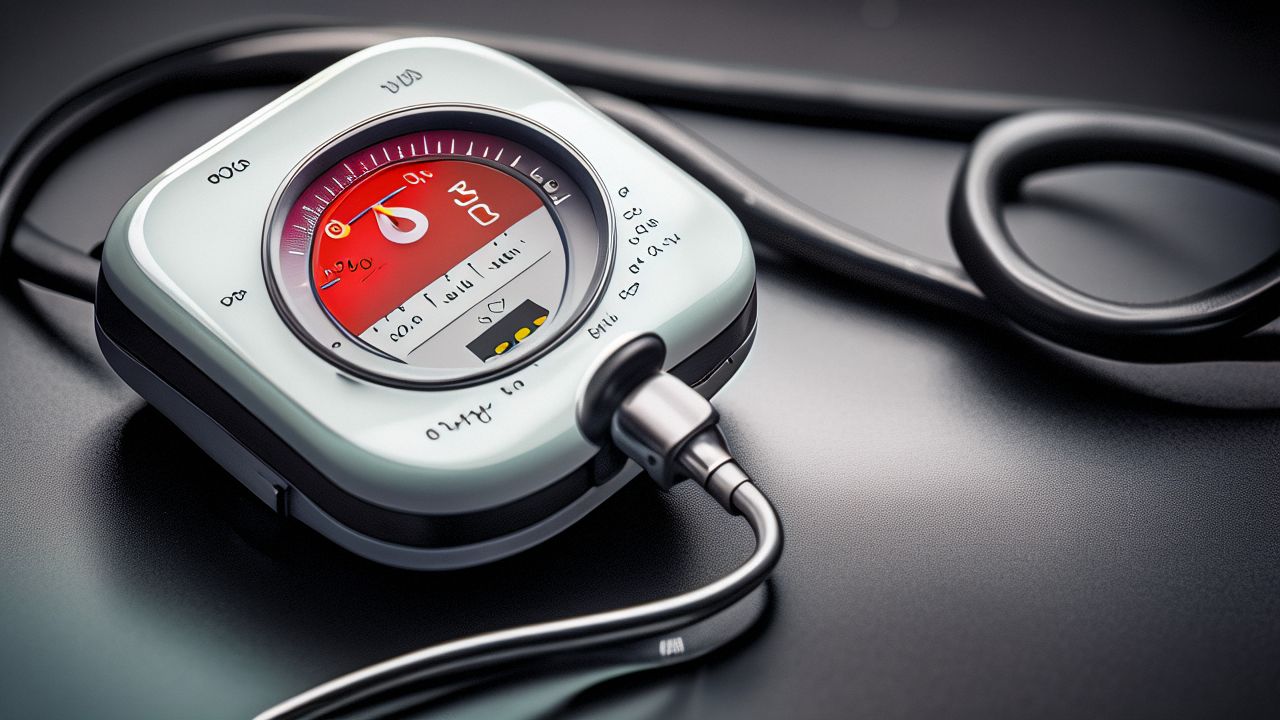Early-stage diabetes patients may experience no symptoms
Early-stage diabetes patients may experience no symptoms, similar to normal individuals.
As insulin deficiency or failure occurs, blood sugar rises, and symptoms may become noticeable. Common symptoms include: elevated blood sugar, excessive glucose excretion in urine, increased urine sugar, sticky urine that sticks to the floor and shoes, frequent urination, increased thirst, and feelings of hunger.

Due to the body’s inability to effectively utilize glucose, patients experience symptoms similar to hunger, including increased appetite and fatigue. To obtain energy, cells in the body break down protein and fat into glucose for use, leading to weight loss.
Increased blood sugar reduces a patient’s immunity, making it easier for bacteria to invade, increasing the patient’s risk of infection. This can lead to common conditions such as repeated skin sores, carbuncles, and abscesses, anal abscesses, external ear canal infections, dental abscesses, recurring urinary tract infections, and severe cases of pulmonary tuberculosis, abscesses, and liver abscesses. Wounds or surgical incisions heal poorly, and even existing surgical scars can become infected. In women, symptoms can include vaginal itching, vaginitis, and pelvic inflammation. Skin abnormalities can include numbness, tingling, and crawling sensations, as well as abnormal sweating and sexual dysfunction.
High blood sugar levels affect the refraction of the lens in the eye, causing a decline in vision, particularly when looking at close objects. Some patients experience symptoms of reactive hypoglycemia such as hunger before meals, palpitations, and tremors before diabetes is detected, which is caused by excessive insulin secretion before meals.
Early diagnosis and timely treatment of diabetes are crucial for preventing complications. Therefore, it is reminded that those with diabetes risk factors or clinical signs should seek medical confirmation as soon as possible!
Early-stage diabetes, also known as prediabetes or borderline diabetes, can indeed be asymptomatic, meaning individuals may not experience any noticeable symptoms. This is because the onset of type 2 diabetes is often gradual, and the body can compensate for the elevated blood sugar levels for a period of time without causing noticeable symptoms.
However, some people with prediabetes may experience mild symptoms such as:
- Increased thirst
- Frequent urination
- Blurred vision
- Fatigue
- Slow healing of wounds




